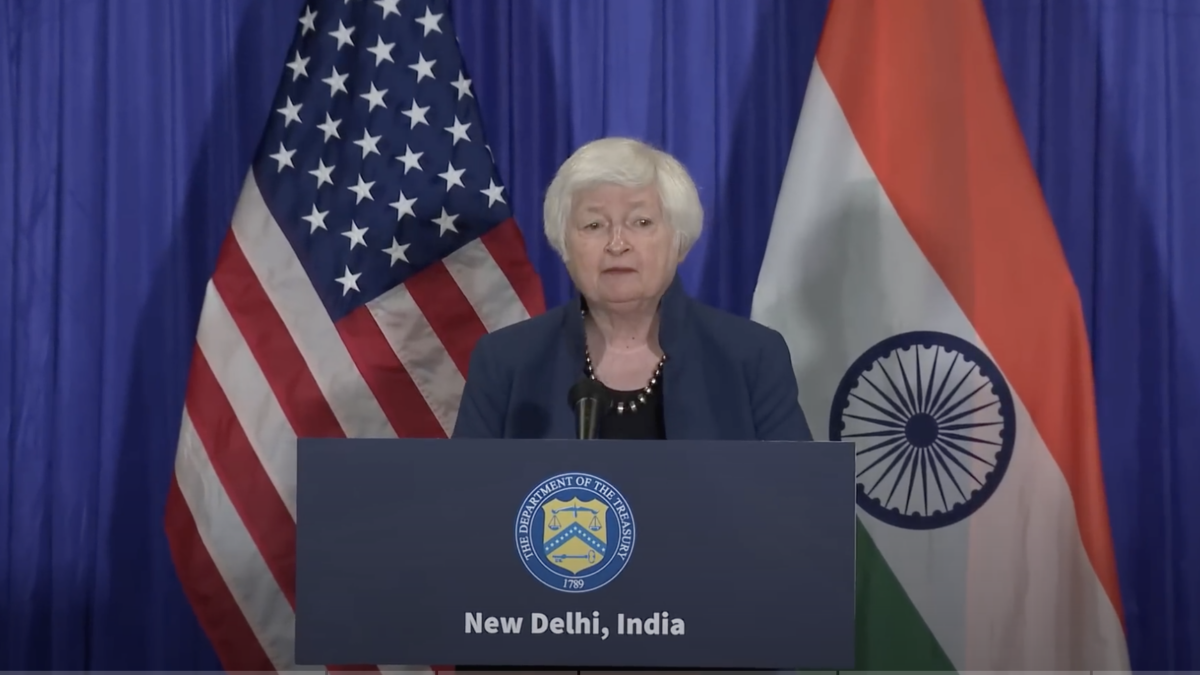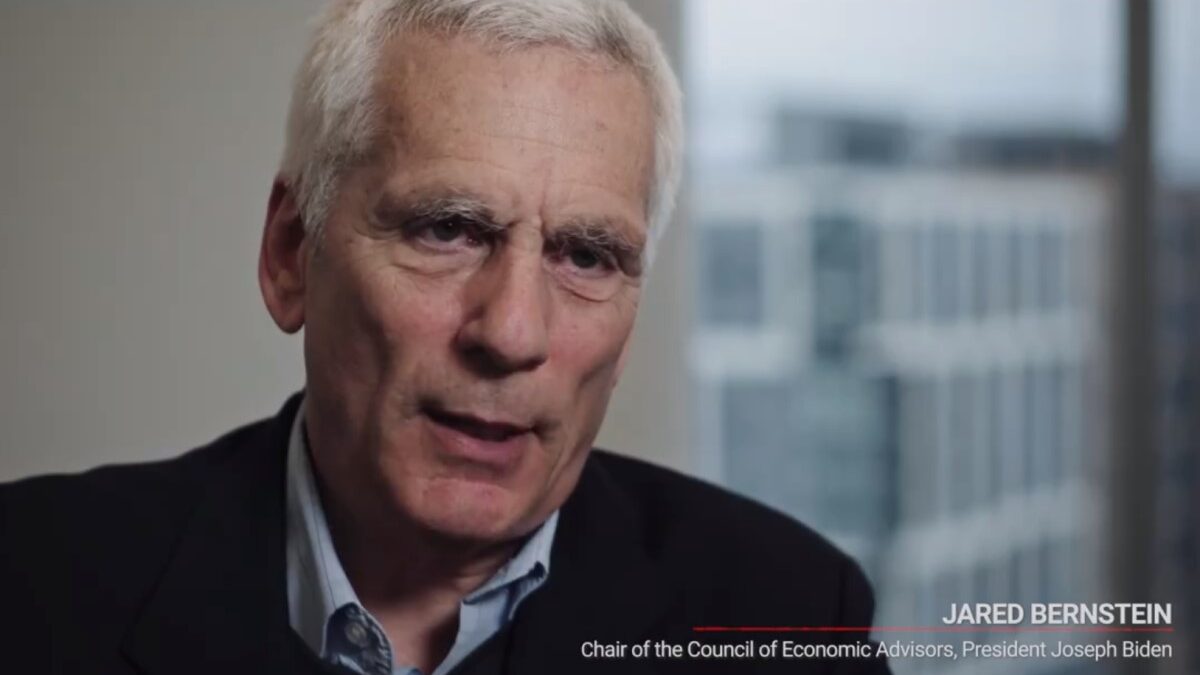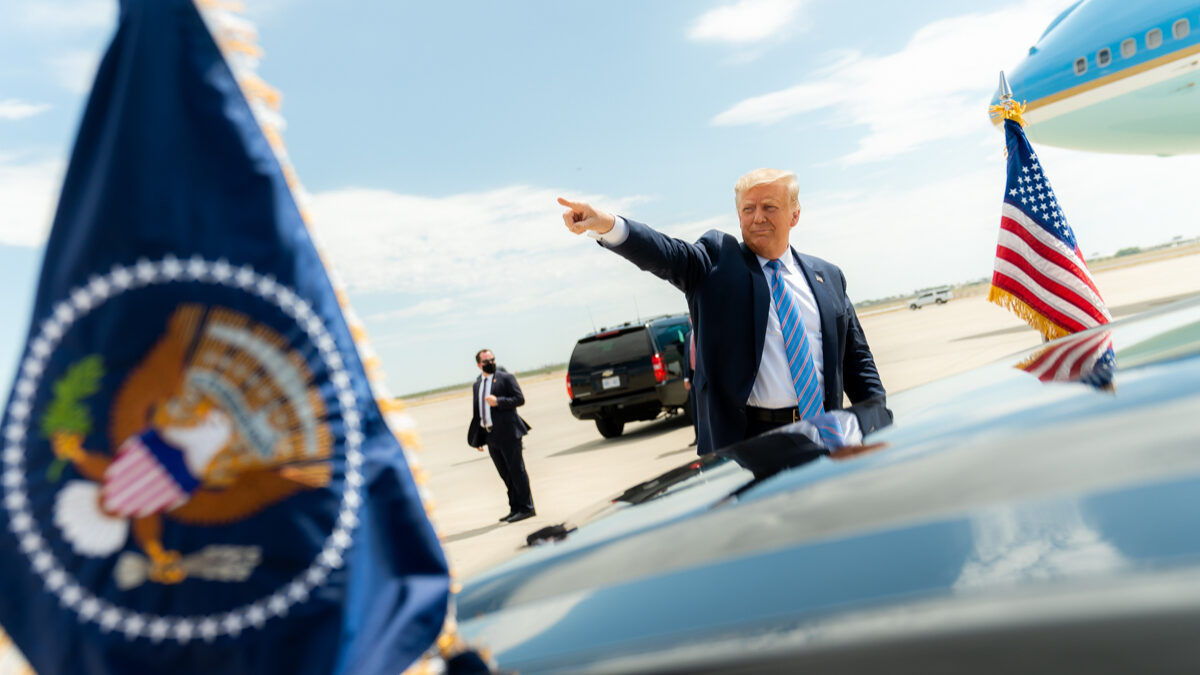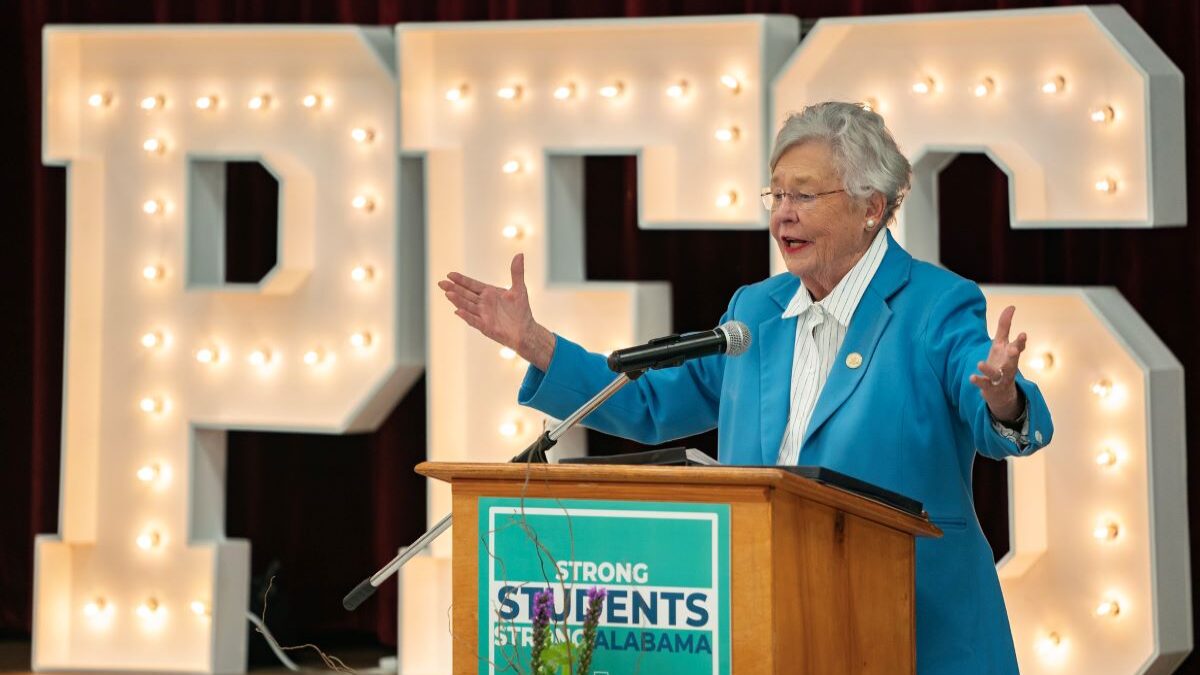
Writing for FiveThirtyEight.com, Amelia Thomson-DeVeaux has a dire warning for Congress if it fails to bail out the states. “Without a lifeline from the federal government,” she writes, “states would have no choice but to start slashing budgets and raising taxes.”
Meanwhile, governors like Gavin Newsom of California are threatening to shut down first responders, hospitals, and police services if they don’t get a big check from Washington. This is called hostage-taking, and Republicans in Congress would be foolish to pay the ransom.
Behind this reasonable-sounding statement is a slew of flawed presumptions. One is that the federal government has some large pot of money to give to states. The federal government can only give states money by taking it from their residents in the first place. Moreover, Uncle Sam is already on tap to borrow at least $4 trillion — so it is in even worse fiscal shape than the states.
The federal government is already bailing out the states to the tune of hundreds of billions of dollars. The fiscal mess many states find themselves in now isn’t entirely due to COVID-19; their own profligate ways and bad policies play a role, too. Targeted tax relief to taxpayers and small businesses is a far more effective way to get money to Main Street, USA — and will do much more to revive the U.S. economy than simply showering the states with cash.
Now is exactly the right time for eliminating waste and inefficiency in city and state budgets. American families are tightening their belts; state governments can, too. The Committee for a Responsible Federal Budget is keeping track of where the COVID-19 money is going, and much of it is going directly to the states. Here are a few examples: $50 billion for increased Medicaid matching funds; $21 billion for increased SNAP (food stamp) benefits; $150 billion for pandemic-related costs; $31 billion for education; and $11 billion for coronavirus testing.
What the states are requesting now is help with the tax receipt shortfalls they’re beginning to see because of the economic shutdown. But state officials should view these shortfalls as signals — families are hurting. Now is not the time to increase the burden on taxpayers or more likely, their children and grandchildren, many of whom aren’t alive today to voice their opposition to being saddled with debt.
It is particularly unfair for citizens of Republican red states that have for the most part acted in a fiscally responsible way and built up rainy-day reserves to now have to pay for the profligacy and unfunded pensions in Democratic blue states. Moreover, the blue states have been much slower to reopen their economies to business and commerce.
Now, however, is the time for states to re-examine their own policies and spending priorities. As a letter from a group of Republican lawmakers (organized by the American Legislative Exchange Council) notes: “While the economy has produced record revenues in recent years, sadly, states have also continued to accumulate massive amounts of debt and unfunded financial liabilities. A federal bailout would only encourage this cycle of debt and spending to continue.”
As for the governors and local officials who are playing the hostage-taking game of slashing vital services, that’s an emotionally charged argument, but it should backfire. Cities, for example, might start with their artists-in-residence before laying off firefighters. They could also go to Openthebooks.com and read the thousands of examples of preposterous spending by states and cities that almost all taxpayers would support cutting. State leaders demand a “new normal” from us; we should demand the same of them, and it should include fiscal responsibility.
A good way for Washington to help states, and it is something President Donald Trump has already been doing, is eliminating burdensome regulations. Trump recently noted in an executive order: “Agencies must continue to remove barriers to the greatest engine of economic prosperity the world has ever known: the innovation, initiative, and drive of the American people.”
Congress should also do what the White House has been advocating and suspend the payroll tax for a while for small businesses and workers, putting money directly into the pockets of workers.
Bailouts only reward bad behavior by mayors and governors, who should be ending shutdowns ASAP. Leaner, more effective government, lower taxes, and pro-growth regulations will do far more to revive the U.S. economy than an infusion of taxpayer dollars. Just as American families are adjusting their own budgets, state governments must do the same.









